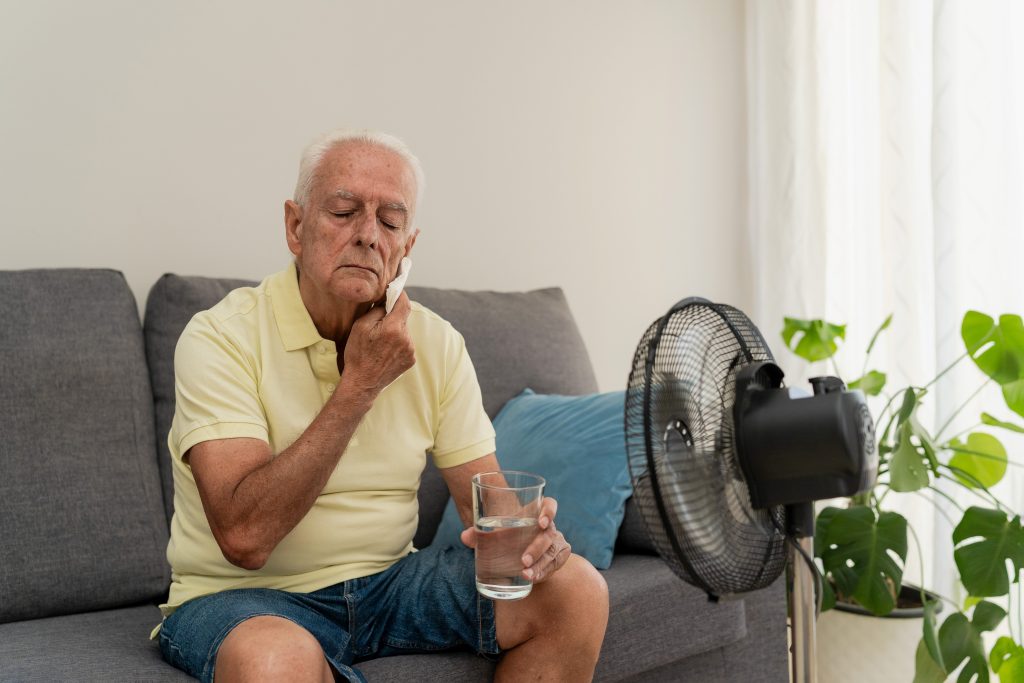In the middle of a heatwave affecting much of our country, with very high temperatures in several regions, it is essential to take extreme preventive measures, as these weather conditions considerably increase the risk of suffering heat stroke — an emergency that can have serious consequences for health, especially in older people, children, patients with chronic illnesses and workers exposed to the sun.
Heat stroke occurs when the body overheats, reaching values above 39 or 40 degrees Celsius, due to prolonged exposure to the sun, an extremely hot environment, or intense physical activity. In these circumstances, the body loses its ability to self-regulate temperature and eliminate excess heat, normally through sweating, which can lead to serious complications if immediate action is not taken.
Dr José Manuel Hernández Graff, doctor at HM Santísima Trinidad, emphasises that recognising the warning signs and knowing how to act are key factors in protecting health during this heatwave and in the hottest months of the year. “Among the most frequent symptoms are high fever, headache, a feeling of generalised weakness, tachycardia and shallow, rapid breathing. Dizziness, nausea, vomiting or behavioural changes may also appear,” notes the HM Hospitales specialist.
When suspecting heat stroke, the doctor stresses the importance of moving the affected person to a cool, shaded place, cooling their body with damp compresses on the neck, groin and armpits to reduce body temperature, or, if possible, carrying out a gradual immersion in cold water. He also recommends hydrating them with small sips, as long as they are conscious. If dizziness or vomiting occur, it is advisable to place them in the recovery position and seek medical help as soon as possible. In case of loss of consciousness or seizures, he insists it is essential to call emergency services or go to the nearest healthcare facility.
“With such extreme temperatures as we have these days, the best way to avoid heat stroke is prevention. From HM Santísima Trinidad we recommend adopting simple habits such as drinking water regularly, even without feeling thirsty, protecting oneself from direct sunlight by avoiding overexposure, wearing light clothing, and reducing physical activity during the hottest hours,” concludes Dr Hernández Graff.

